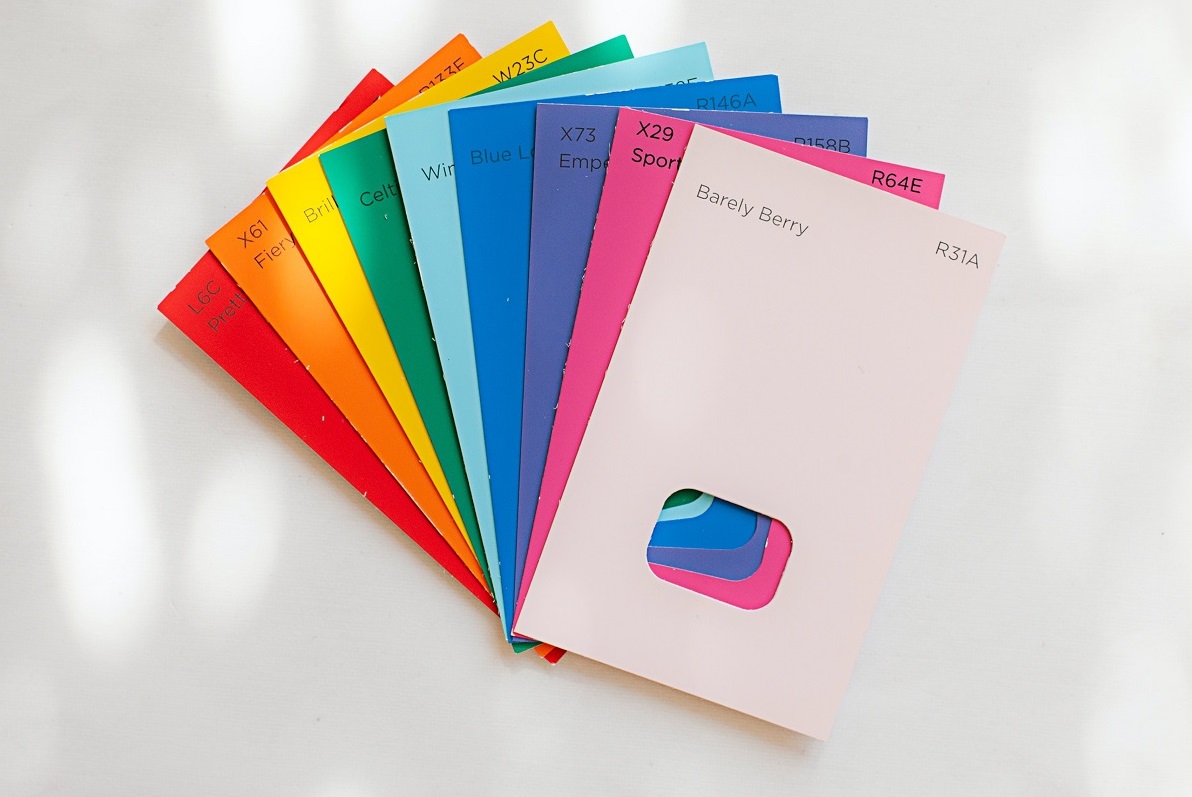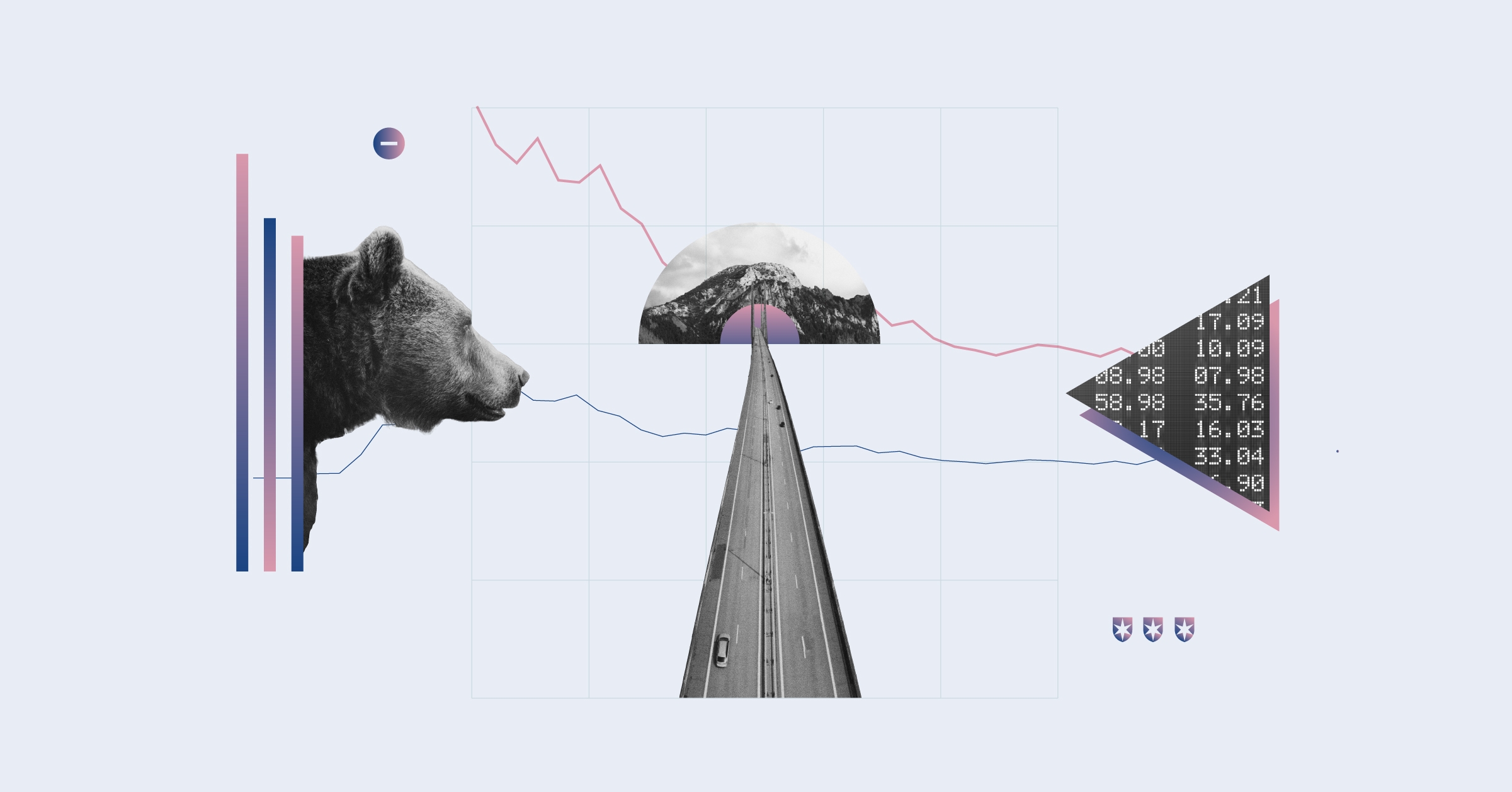Christian Charest: For Morningstar, I'm Christian Charest. On Sept. 10, a Vancouver-based company called First Block Capital announced that its flagship product, a private fund called, FBC Bitcoin Trust, launched about a year ago, was now available for accredited investors to hold in registered accounts like RRSPs or TFSAs. To talk about what this means I'm joined today by Sean Clark, Co-Founder and CEO of First Block Capital.
Sean, thanks for being with us today.
Sean Clark: Hi, Christian. Pleasure to be here.
Charest: So, before we get into the investment merits of this fund, let's get the nuts and bolts out of the way. Your press release says the fund "achieved mutual fund trust status, allowing unitholders to put units in a self-directed registered account such as an RRSP or a TFSA." So, what does this mean? What's the legal structure of this fund?
Clark: So, the fund itself is what's called a mutual fund trust. And in order for it under the tax act, the Canadian Tax Act, to be considered a mutual fund trust it needed to hit two criteria. One, it needed to be in existence and audited for a year, 12 months, which we did. And the second is, it needed to have over 150 unitholders at any given time, another milestone that we achieved as well. So, having those two milestones achieved, now units of the trust are eligible to be put into self-directed accounts such as TFSA or RRSPs.
Charest: And I mentioned this is for accredited investors. Can you just give us a reminder for some of our viewers what it means to be an accredited investor?
Clark: Sure. So, the CSA has criteria on what they consider to be an accredited investor. I won't quote exactly, but to my knowledge, it is over $1 million in liquid investments and net assets of over $5 million if illiquid. If you reach any of these criteria, you are then considered an accredited investor and you would be eligible to be purchasing offering-memorandum products and private-placement products such as this.
Charest: And there's also an interesting way of purchasing this product through something called NEO Connect. Can you tell us what that means?
Clark: Yeah. We've partnered with NEO Connect. It's an exchange here in Canada. And the NEO Connect platform offers the ability for private placement products and offering-memorandum products to be bought and sold on a trading platform much like one would buy an ETF or any other equity. So, essentially, it's the plumbing and the backend of buying a traditional ETF security now put on private placement products and private companies and offering-memorandum products. So, it's provided great liquidity for unitholders of our trust. So, now, you will be able to purchase and redeem and settle purchases of the trust daily, where before we had a 30-day redemption, for example. So, that was a bit of a sticking point for investment advisors who had discretionary accounts and didn't feel comfortable putting their clients into a product that didn't have daily liquidity. So, we've solved for that. Now, there's daily liquidity and you can think of it almost like a bitcoin ETF for an accredited investor. So, this is the first of its kind in a Tier 1 securities jurisdiction like Canada. We are very proud of this milestone and we now expect to see a lot more AUM flowing into the fund because we've taken out a lot of these obstacles for accredited investors to participate.
Charest: And getting back to the fund itself, so, is this basically a bitcoin equivalent of a gold bullion fund? Describe what the exposure is exactly.
Clark: Yeah. That's correct. So, the exposure is very simple. The trust issues units and when we've taken money from those units, we purchase bitcoin, the equivalent of the net asset value of the fund, which is a daily NAV that is struck that tracks the price of bitcoin. So, the only assets in the trust is bitcoin. So, it absolutely tracks the price of bitcoin up and down on a daily basis.
Charest: So, why would someone need to buy a fund like this rather than buying bitcoin itself? Bitcoin is very easy to acquire these days.
Clark: Yeah. So, it's not actually as easy as you'd like to think. If you want to buy maybe $1,000 worth of bitcoin, you can go to a local exchange, get KYC emailed, open up an account. Then you'd have to wire money from your bank account to their bank account. Do the trade. Then you have the private key, the bitcoin itself where you have to keep it safe. This product is really meant for institutions or high-net-worth that want to buy and take long positions in bitcoin -- $10,000, $1 million, $5 million plus. So, the benefits of buying the trust instead of buying bitcoin outright are one, we handle the custodian aspect of it. So, you don't need to worry about the private keys being lost or stolen. We source large amounts of bitcoin over the counter for you to get the best price. So, you don't have to worry about sourcing from various parties and OTC deal. We handle that for you. And then, finally, it shows up in your portfolio like any other purchased equity with a ticker, that's daily NAV that's struck. So, you can see it with the rest of your portfolio. And as we've been stating, to get exposure to this asset class, this vehicle is a great vehicle because it takes a lot of the headaches of buying and owning and securing bitcoin out of it. And further, you can then utilize a TFSA or an RRSP to have an efficient tax structure to put these units in. So, there are many benefits of buying the trust versus buying bitcoin itself.
Charest: So, let's talk a little bit about the investment case for bitcoin. Most people have seen the massive price fluctuations over the past year or two. And for someone on the outside looking in, it maybe hard to understand what's driving those fluctuations. What exactly are the drivers of value? What determines the value of a bitcoin?
Clark: Yeah. First, to answer your question regarding the volatility of the price, this is a new and emerging asset class and the bitcoin price specifically has seen a lot of volatility if you look at it within a short period of time. However, if you back out and look over a 10-year horizon, there is an unmistakable upward trend. Even now, with today the bitcoin price hovering around US$6,200, that's still a 50% increase year-over-year. People tend to forget that. 2017 will go down in history as a very speculative year with ICOs and additional tokens coming to the forefront and a lot of money being put into that. And obviously, this drawdown and this bear market has left some people questioning who have a very short experience with the technology.
We are long the space. We believe that the digital currency asset class which comprises Ethereum and bitcoin and all the altcoins will eventually exceed trillions of dollars. So, we are long the space. We are bullish on the space. And right now is an excellent time to utilize one of these products to get exposure. And you want to buy and hold, that's what we would recommend. Because at the end of the day, the price drivers on this or the amount of electricity you used to consume to secure the blockchain with the miners and it's also a bit of supply and demand. With the limited number of bitcoin ever going to be created, 21 million capped, then there's a bit of supply and demand aspect to it as well.
Charest: Okay. But there are also some tangible elements that underpin the value. It's not just pure speculation.
Clark: Yes. So, the amount of electricity used to secure transactions on to the bitcoin blockchain is one indicator of the value of the price because there is a correlation between the price of a bitcoin and the amount of electricity used to secure the ledger otherwise known as the hash rate or the difficulty of securing transactions on the blockchain. All that to say is that the more computers that are rolled out in industrial sized datacenters that are mining bitcoin, that means that more electricity is being consumed. But that's the price to have an immutable ledger. A store of value and a record of all transactions that cannot be undone, that cannot be censored, that cannot be changed. That's really the price. And that's the fundamentals driving the bitcoin price. It's the amount of electricity being used to consume.
Charest: And bitcoin also has a function. If we go back to gold, which also serves a basic function in making jewelry; Bitcoin is a trading vehicle. So, how much of that function is part of the value?
Clark: Well, quite a lot. So, one bitcoin is technically 100 million empty cells where you can ascribe a value to it and then freely trade it online. So, we are early days. The ability to transact digital goods peer-to-peer without a bank or an intermediary is a very, very big concept that is going to take time to permeate through and going to take time to have used cases built. We believe at First Block Capital that the store of value -- bitcoin will first become a store of value where assets will be stored on the bitcoin blockchain, houses, land titles, deeds, stock certificates -- because the bitcoin blockchain is so secure, assets will be then digitized and kept in a part of a bitcoin and then they will be freely traded. And so, the store of value is the first step. And then second-layer solutions like the lightning network will then allow transactions to occur 2 million transactions per second. Visa and MasterCard max out at about 40,000 to 60,000 transactions per second and the bitcoin blockchain with the lightning network on top of it will then have the infrastructure to handle micro payments and large volumes of transactions. But again, that's a staged approach. We have a 5 to 10-year outlook and horizon. The only way to think about it right now with the bitcoin trust is it's early days to invest in the internet, to actually be able to invest in the internet itself. That's what I would compare buying the bitcoin trust right now. You are buying shares of TCP/IP, right? That's really what you are doing right now. And the tax-efficient and basically, simplified and on and off-ramp that we've created with the bitcoin trust proves a wonderful example and a wonderful on-ramp for institutions and accredited investors to get exposure to this asset class and we would recommend 1% to 5% of your net assets in total should have at least some exposure and this is the product to be able to get that exposure in.
Charest: So, beyond the fact that they have to be accredited investors as we have already mentioned, what kind of people are you aiming this product at?
Clark: So, our main focus of sales and marketing last year was to large brokerage accounts, to the big independent dealers. We've targeted them where you have portfolio managers that are running a discretionary account and that are willing to put their clients, a portion of their clients' assets, into a product like this to gain some exposure. So, we've been definitely targeting the investment advisor community, high-net-worth, and family office is where we've got the most traction.
Charest: And this is a long-term type of investment. Obviously, there's quite a bit of risk at this point as there would be with any early-stage type of investment?
Clark: Yeah, there is. But it's been de-risked quite a bit because from a bitcoin lifetime perspective there were many times where bitcoin could have failed. The algorithm could have broken the chains, splits have proven to be nonevents. So, it is actually quite de-risked. Now, what we really need is for applications and real-use cases to be developed on top of this foundation that has been laid which is the bitcoin blockchain being secure, a security protocol, and now, we need real companies to be built on top. Once that happens, then you are going to see another inflection point in the price. That's what we firmly believe.
Charest: Sean, thank you very much for sharing all your insights with us today.
Clark: Christian, thank you.
Charest: For Morningstar, I'm Christian Charest. Thank you for watching.




















